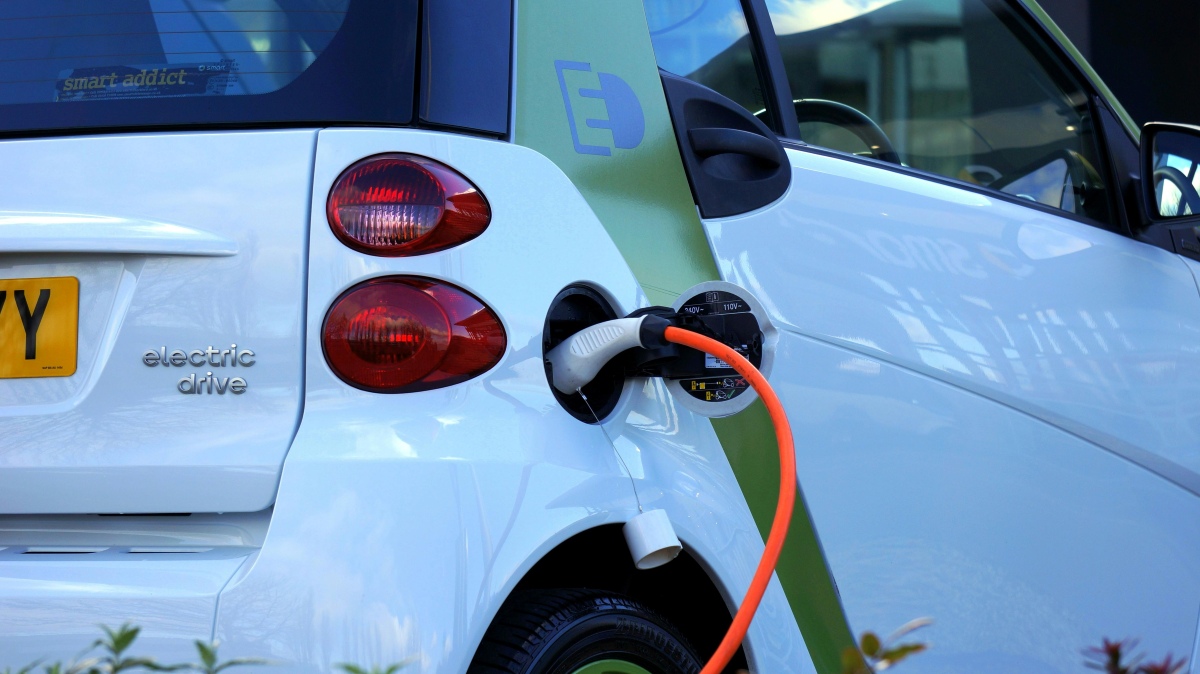A study carried out by the National Commission for the Promotion of Equality (NCPE) found that the COVID-19 pandemic is exacerbating already existing gender inequalities in the distribution of unpaid household and caring responsibilities. The full research study can be read here.
Between June and July 2020, the NCPE disseminated an online survey on the distribution of tasks between women and men during the pandemic.
The survey asked respondents about the increase/decrease in time spent on different tasks – paid work, housework, caring for children, home-schooling for children, caring for dependent adults, leisure/free-time, personal care and sleep – as a result of COVID-19. It also inquired about the respondents’ perception of equality in the sharing of responsibilities with their partner during the pandemic.
The findings indicate that, during the pandemic, the increase in the number of hours spent doing household tasks and childcare increased more for women than for men, while the time spent on leisure, personal care and sleep decreased more for women than it did for men.
The backdrop to this survey were the sudden changes that forced many individuals to adapt to radically different work and social practices brought about by the need to stop the spread of COVID-19.
Since the survey was disseminated online, it is not representative of the population at large, and the percentages shown in the study refer to the respondents only.
The main findings of the study are:
- 58.4 per cent of female respondents stated that the hours spent on housework increased during the pandemic when compared to 55.2 per cent of men.
- Female respondents reported a higher overall increase (63 per cent) when it comes to caring for children, in comparison to male respondents (60.7 per cent). Moreover, double the number of female respondents reported an increase in the category “Increased by 13 hours or more”.
- There is a substantial 16 per cent gap between female and male respondents reporting an increase in the time spent on home-schooling – 80.2 per cent for females and 64.2 per cent for males.
- Female respondents were more likely to report an increase in the hours spent caring for dependent adults during the pandemic – 54.7 per cent in comparison to 44 per cent of males.
- 49.2 per cent of women with children of 15 years or younger stated that their leisure / free time decreased compared to 42.4 per cent of men.
- 52.8% of female respondents with children of 15 years or younger reported a decrease in the time spent on personal care, compared to 36.8 per cent of males.
- 43.8% f female respondents and 39.3 per cent of male respondents with children of 15 years or younger reported a decrease in sleeping hours.
Many more female respondents felt that domestic responsibilities were not equally shared with their partner in comparison to male respondents.
It is important to underline that the survey did not gauge the time spent on these different tasks, but only looked at the increase/decrease during COVID-19.
Thus, the study makes references to the EIGE Gender Equality Index 2019 in order to show the extent of inequalities between women and men prior to COVID-19.
Notwithstanding the fact that men spent more time at home during the pandemic, the results of the NCPE survey indicate that women continued to shoulder most of the existing domestic and caring responsibilities, whilst taking on the bulk of the additional burden brought about by the pandemic.
The research study concludes that, in order to address the evidenced inequalities, one needs to invest in and build on existing measures – such as improved care services and a more flexible work environment. Moreover, much more work needs to be done to promote and inculcate behavioural changes that break gender stereotypes and overcome traditional gender roles.
Young adults lead Malta’s tourist arrivals in May 2025
Visitors aged 25 to 44 made up the largest group of inbound tourists
Demand for electric vehicles holds strong despite €3,000 cut to government grant
Hybrid models also continue to attract buyers, despite the end of the grant
Accessible student loans scheme extended
The FSMA + scheme allows students to cover tuition fees, accommodation expenses while pursuing further education in Malta and abroad






